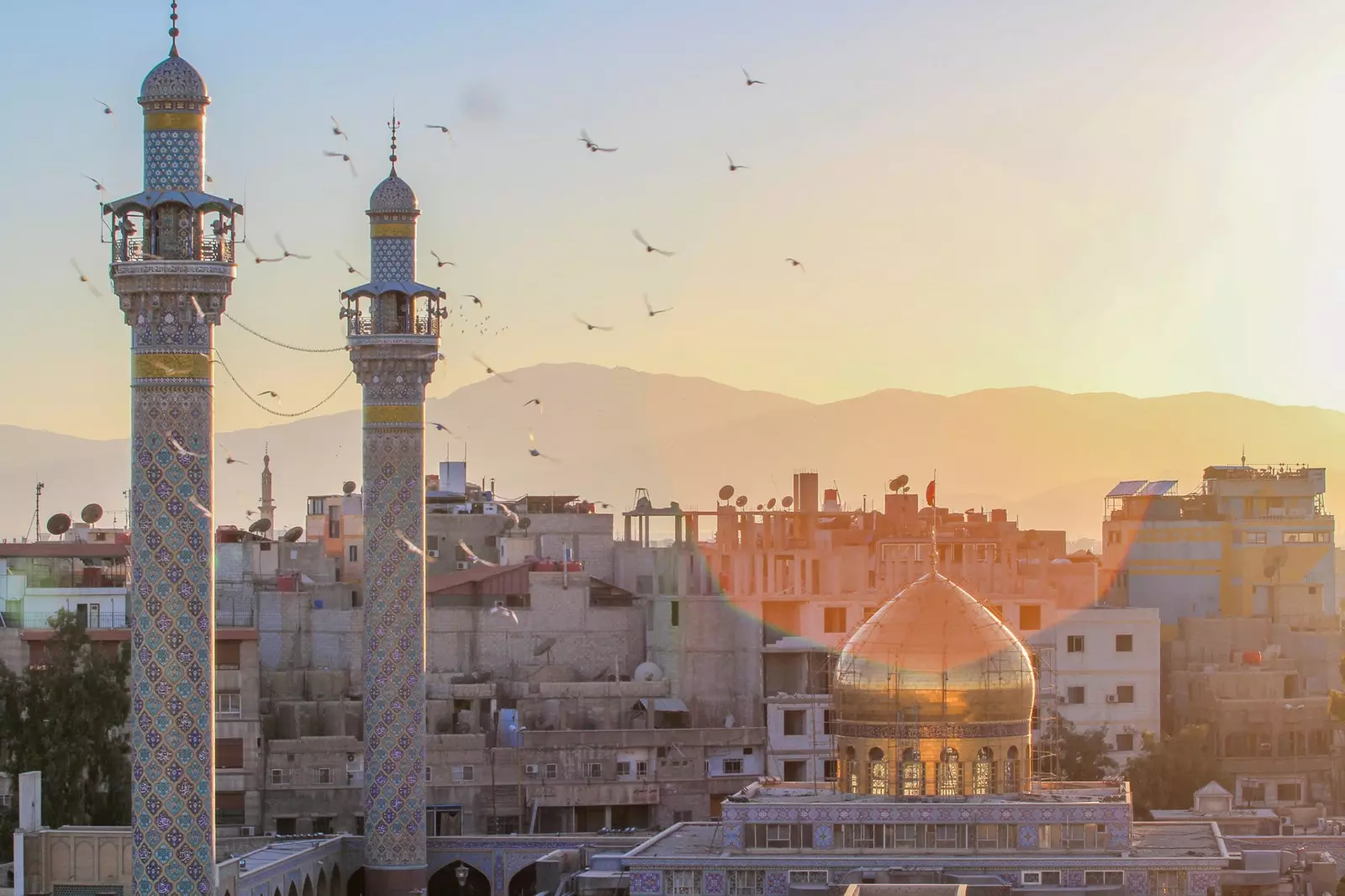
Will we go back to Syria?
"I think we are coming to the end of this terrible period in our history." are the words of Mohammad Rami Radwan Martini, Minister of Tourism of the Republic of the Syrian Arab Republic , when he receives Condé Nast Traveler exclusively, together with Europa Press, on the occasion of his official visit to FITUR.
In the previous edition, the country was present in a testimonial way, but this is the first visit to Spain by a Syrian political authority since 2011. A visit that they approach with caution. “It is the first time that we have participated in an international fair since 2012 and we did not choose this one by chance. FITUR is one of the most important events worldwide and we trust in the historical relationship with this country and its culture”.
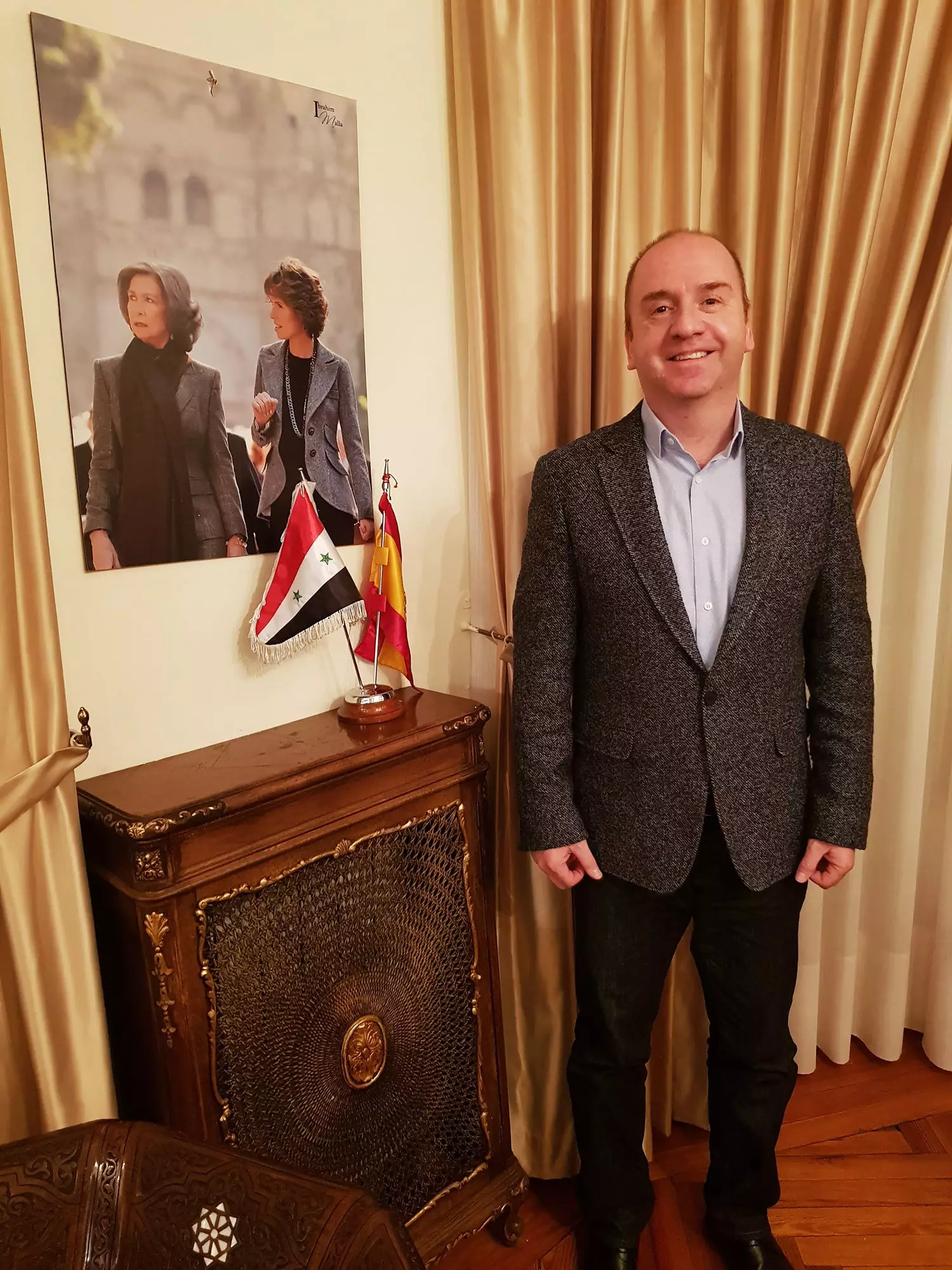
Mohammad Rami Radwan Martini, Minister of Tourism of Syria.
Promoting Syria as a tourist destination for being "one of the cheapest in the world" is heartbreaking if we think of the half million dead that this complex has armed conflict that started in 2011 and that is not over yet.
When traveling to a country that is suffering such a serious situation, it is logical that the traveler consider his role and the moral connotations of his visit. In this sense, it is important to understand that the tourism industry can be a key tool for the recovery of the country, something quick to understand if we think that the average salary there is 80 euros a month and a tourist can spend 100 euros a day during a trip.
The reality is that the impact would be quick and very positive. Among its short-term objectives is to achieve the return of tourist activity from neighboring countries, especially Lebanon, Jordan and Iraq. Any visit is advised, in any case, through local tour operators, in an organized way as far as possible.
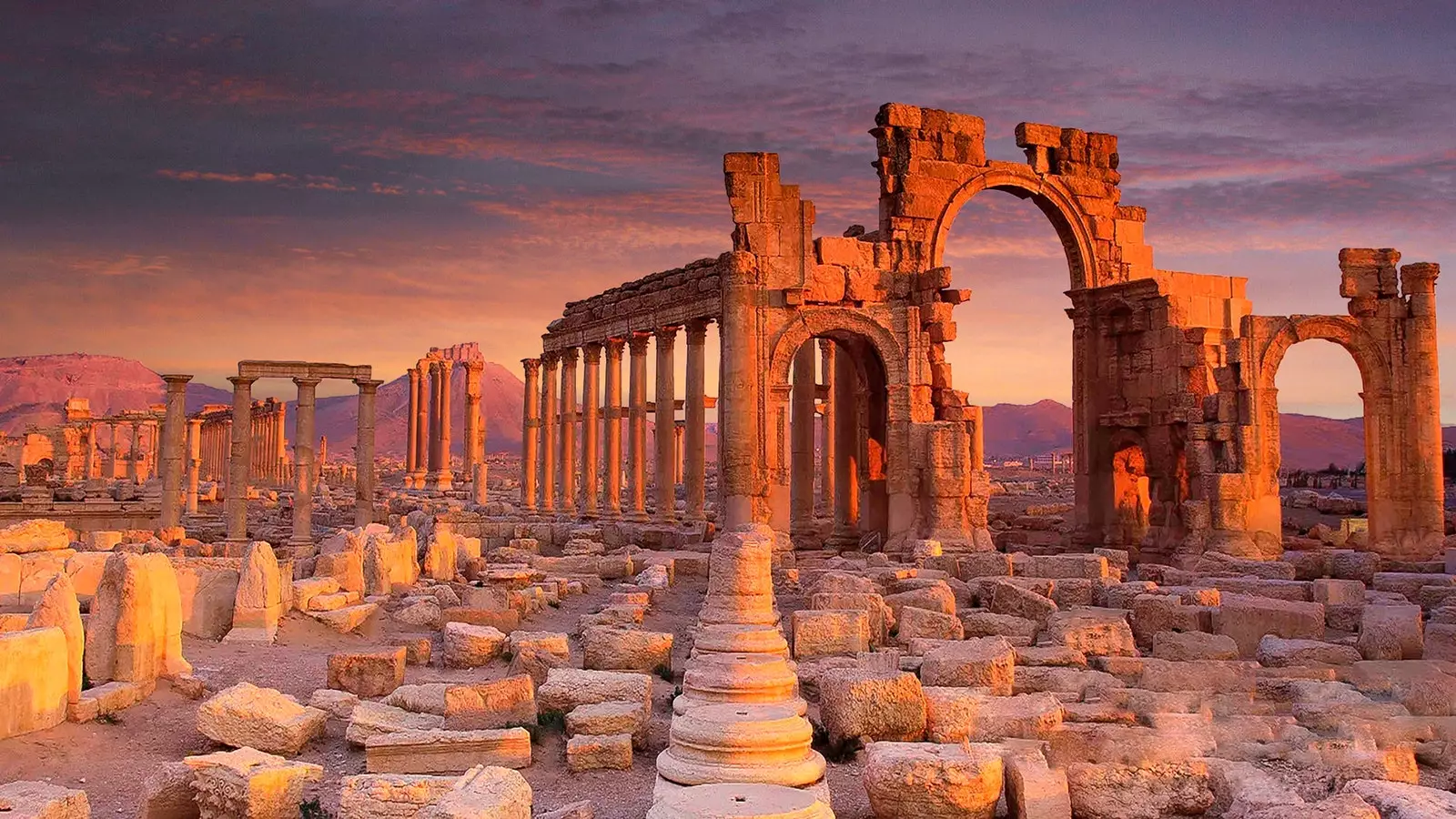
Before the conflict, more than 150,000 travelers visited Palmyra
“In the long term, we are open to all types of tourism, we will promote coastal, shopping, health (there are already hundreds of people from Lebanon, Jordan, Iraq and even Saudi Arabia who come to have dental and aesthetic interventions for competitive prices, since the cost in their country is up to four times higher than in Syria) ”, explains the minister.
Rami Radwan has arrived at the position only a few months ago and faces this stage with a significant wealth of experience in the tourism sector and several projects, already underway, for the restoration and reconstruction of traditional Syrian houses converted into hotels.
THE RETURN OF A DESTINY
Before the war, Syria received 9 million tourists a year, so it is logical that the country has its sights set on the sector as a recovery tool. Beyond Arab tourism, the main visitors to Syria (until the war) came from Germany, France, Spain, Italy and Greece.
"Now there are new markets," says the minister. “For example the Chinese, which exports 60 million tourists a year. We believe that Syria can attract visitors from there, due to the variety that our tourist offer presents”.
This does not mean that the Syrian government wants to distort reality or encourage hordes of visitors imminently. "Syria now" is the slogan of the campaign that promotes the reconstruction of the country through tourism.
“But we don't propagandize that everything is brilliant, the way others propagandize the other way around, claiming that our entire country is devastated. We are aware of the reality but, compared to 2013, we can say that the territory has recovered almost 90%. And we are sure that the rest we will recover very soon”, he affirms.
“Thousands of square kilometers have been recovered based on decision and will, convincing the people to return voluntarily. The international media does not always transmit the truth about my country”, he assures us. “We want the world to know that in Syria there are some very open young generations, who speak languages, and who have their future in the tourism sector”. The minister also highlights the important pool of Syrian engineers who carry out their work in the hotel sector in the Gulf countries.
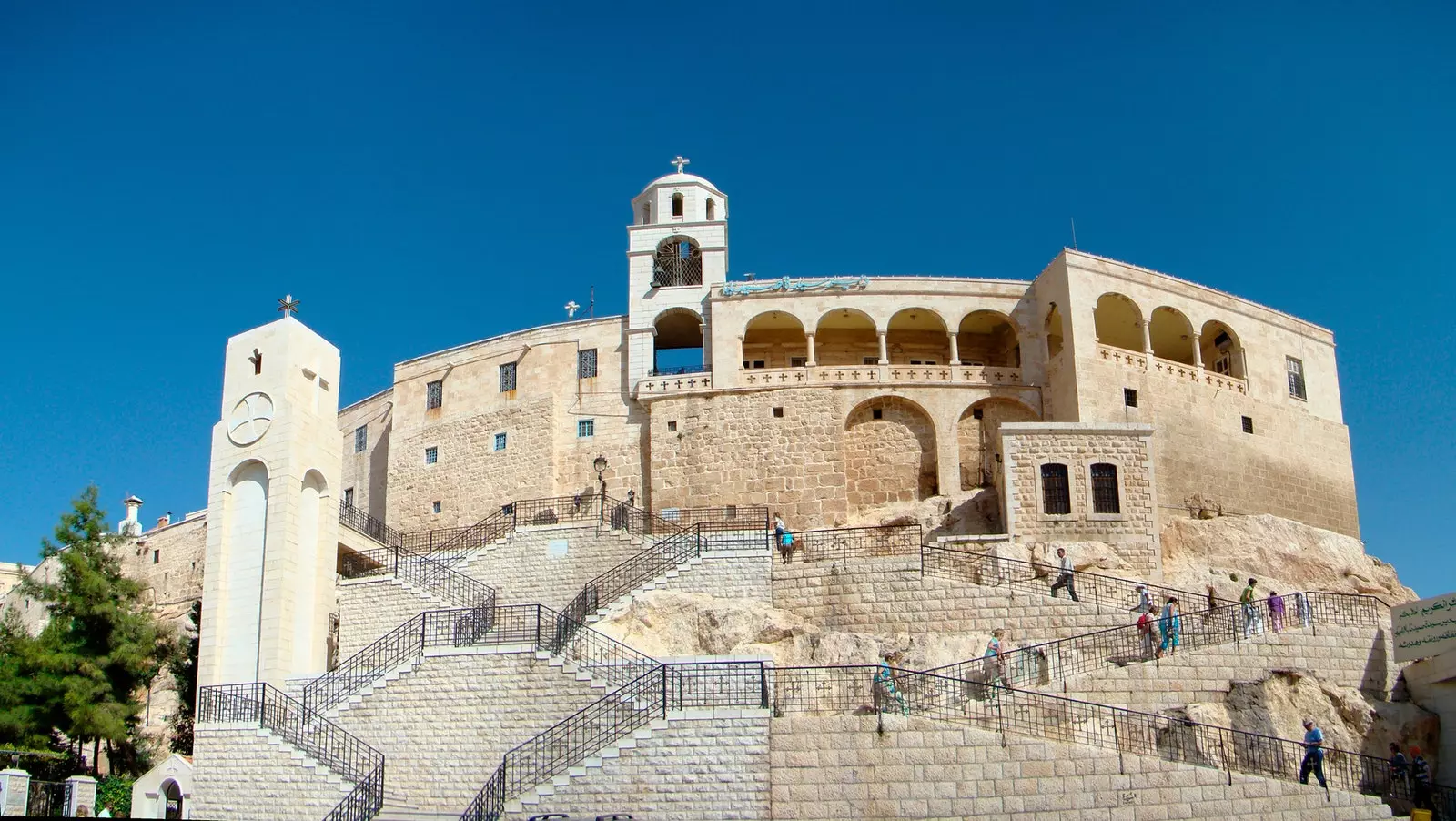
Monastery of Our Lady of Saydnaya Syria
The recommendations of the international authorities are, as can be expected, not travel to a country with an unresolved war conflict , although it must be taken into account that these evaluations are carried out every six months and are sometimes late in assuming the reality of the country.
Traveling to Syria is not complicated from a bureaucratic point of view, although visas are quite rigorous. The airspace is, in principle, safe: of the four international airports, only two have worked during the conflict. The problem was the highway that led from Damascus to them, occupied by armed groups. Now, according to the Syrian government, they are operating normally and, since the opening of the UAE embassy, it seems that the recovery of Emirates and Etihad flights is imminent, which would simplify connections by air from many points on the planet.
RELIGIOUS TOURISM
During the war, the trip to Syria for religious reasons has not stopped, although it is true that the pilgrims are modest visitors. Last year there were 170,000 visitors to holy places like Sadnaya, a town northwest of Damascus where Aramaic is still spoken, whose Monastery is the most important pilgrimage site for the Orthodox rite after Jerusalem.
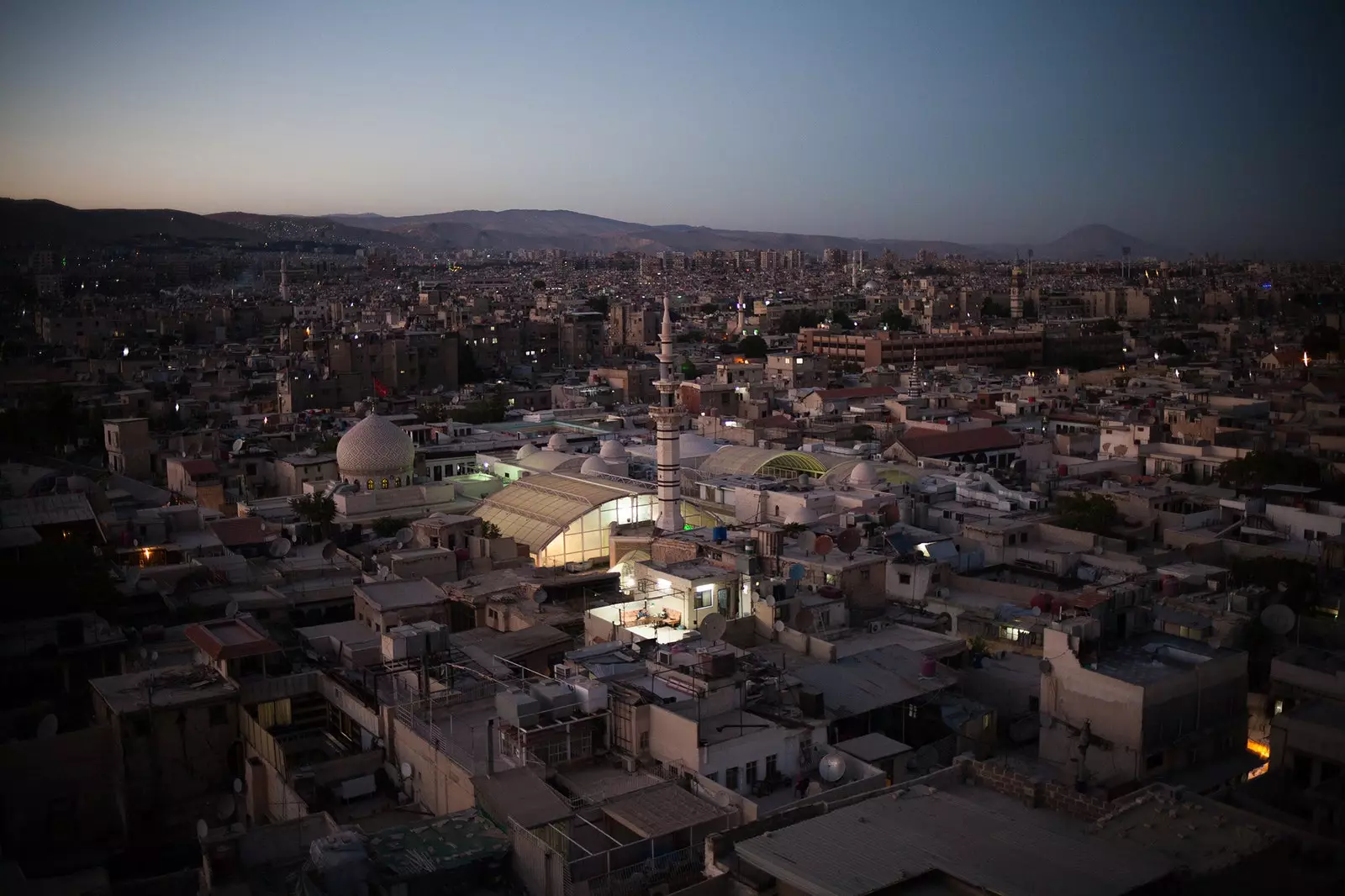
Damascus
Hundreds also came to see Maalula or the small cemetery of Bab al-Saghir, in the Old City of Damascus, despite the fact that the bombs have continued to fall. Christian pilgrimage tourism is an important target that hopes to expand with people from Russia and Eastern Europe.
"We hope that Palmira can recover soon, in fact, the reopening of numerous hotels is planned in a year. Beyond the destruction and the enormous economic losses, hotel accommodations have suffered many thefts by terrorists, who perceive tourism as a culture of the devil”, laments the minister.
Recovering tourism from historical emigration is another objective of the Syrian Republic. In Brazil, Argentina, the United States, Canada and Australia there are hundreds of people of Syrian origin who want to recover their roots . And, of course, business tourism and humanitarian assistance must be factored into the equation.
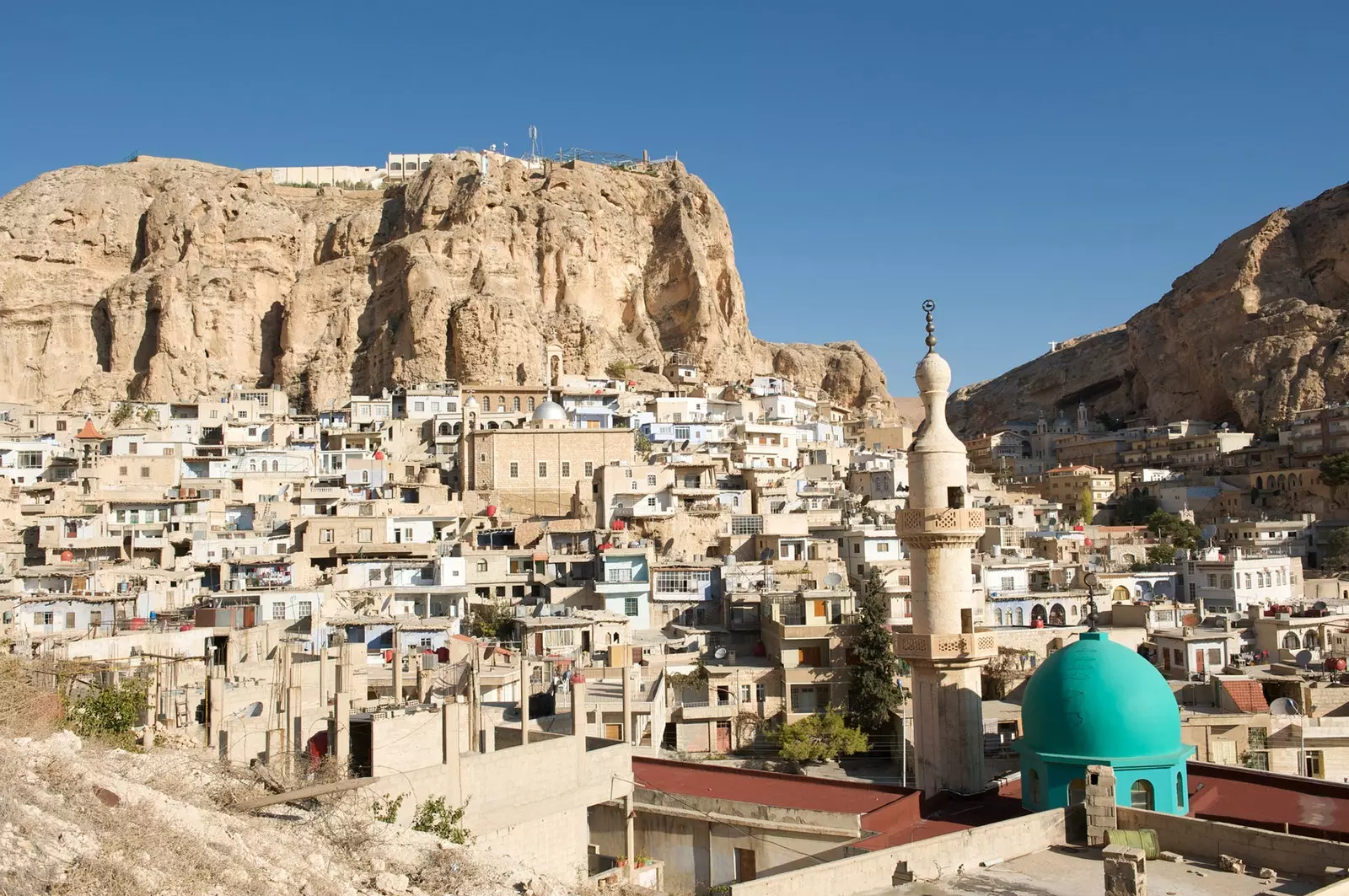
Maalula
REBUILD COEXISTENCE
In addition to the historical and cultural heritage (the recovery of which is hard work and, in some cases, perhaps impossible), Syria boasts green areas and desert. "There is much variety. From sub-zero temperatures in the mountains to the mild temperatures of the coast there are only about 100 kilometers”. On the other hand, they are rapidly rehabilitating commercial craft markets.
“In Damascus, there are high-end hotels,” says Rami Radwan. "Now the Sheraton has reopened, in Syrian hands, and offers even better services than before, despite the war and international sanctions.” And many historical expatriates who have grown up in countries like Brazil and Venezuela are now returning to the country to contribute to its reconstruction with new hotel projects.
In Aleppo, his hometown, there is an ongoing a project to revive the Old City, and Rami Radwan maintains that the infrastructures are still standing. "No schools have closed, social security continues to function, the town halls ... even now the factories are working again." They have completely rebuilt some of the traditional markets of Aleppo and Homs and, during the last years, there are thousands of bars and restaurants that have resisted and have not closed their doors.
“We also want to value the cuisine of Aleppo, that influences many cuisines from other countries with more representation in the world. The coexistence of Christians and Muslims is reflected in Syrian recipes and customs. We believe that the terrorist war wants to destroy these values; it is not just about oil or gas but about destroying this coexistence. You can get to know our country as a people through the menu of a Syrian restaurant: you will find Kurdish kebab, apricot tea, khubz (pita bread), etc.”, the minister tells us.
In Damascus there is already 70% hotel occupancy. On the coast up to 80%, where in fact the occupation did not decrease even during the harshest moments of the conflict. And domestic tourism is in full swing, especially since the border with Jordan was opened a few months ago.
The currency is now stable. Before the war, 50 Syrian lira was equal to one dollar. Now it has regained downward stability, with 430 lire to the dollar (it reached 580).
We close the conversation with a frequently asked question: what is your favorite place in Syria? “A restaurant in front of the fortress of Aleppo, where, by the way, the Kings of Spain once ate”.
